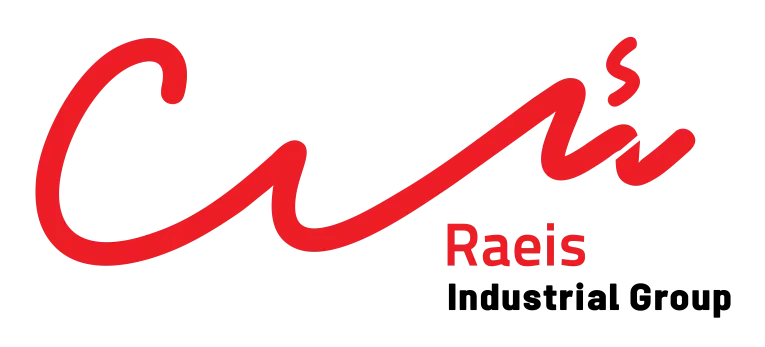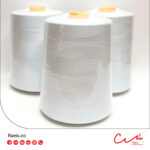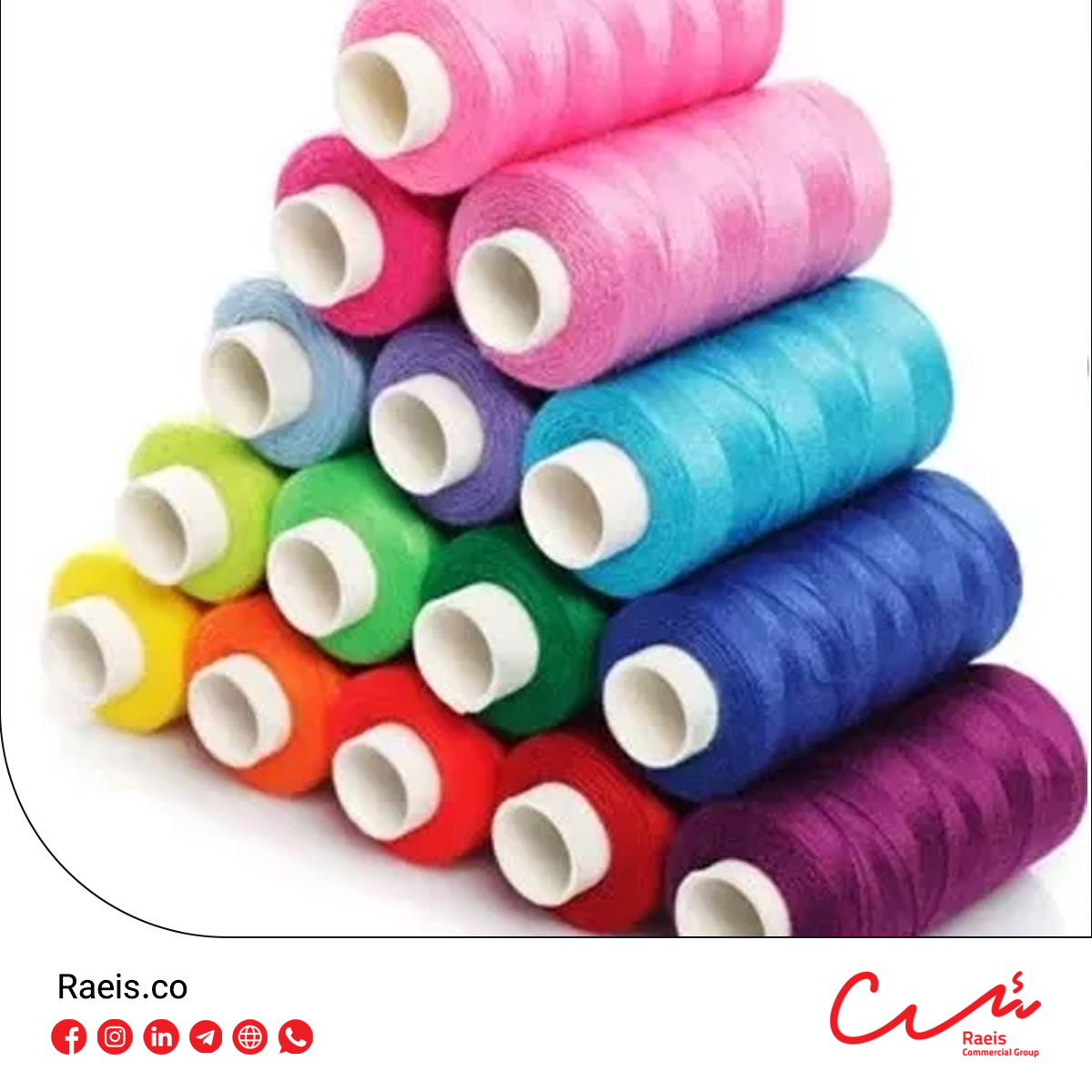Polyester Yarn
ارسال رایگان
تحویل اکسپرس و سریع
20 هزار محصول
روش های پرداخت
پشتیبانی 24/7
پشتیبانی نامحدود آنلاین
تحویل 2 روزه
پیگیری سفارشات
In the textile industry, yarns are categorized based on raw materials, production methods, and applications, with each type possessing unique features and uses. Yarn types include natural fibers derived from plants or animals, synthetic fibers made from chemical and polymeric materials, and blended fibers combining natural and synthetic properties to meet diverse industrial needs.
Among synthetic yarns, polyester yarn stands out for its wide-ranging applications and popularity, especially in the textile industry. Polyester is a polymeric material produced through a reaction between acids and alcohols via extrusion. Its unique characteristics—such as high resistance to abrasion and tension, durability, and recyclability—make it a vital product in numerous industries, including textiles and apparel. Recognizing the importance of polyester yarn, Raeis Industrial Group, a trusted supplier, provides insights into its features, types, benefits, and applications.
Polyester Yarn and Its Types
Polyester yarn was first discovered by a British chemist in the 1940s. Its unique properties quickly made it an essential material in various industries. The production of polyester yarn involves several intricate steps, including:
- Polymerization: Combining terephthalic acid and ethylene glycol to create polyester monomers.
- Extrusion: Processing the polymer into a continuous filament.
- Cooling and Stabilization: Hardening the filaments.
- Stretching and Twisting: Enhancing the strength and flexibility of the fibers.
- Final Preparation: Packaging the yarn for distribution.
Polyester yarns are classified based on their production methods and applications:
1. Filament Polyester Yarns
These yarns consist of long, continuous fibers produced without interruption during the manufacturing process. Their unified structure ensures high strength, smoothness, sheen, abrasion resistance, and low moisture absorption. Filament polyester yarns are commonly used in durable fabrics and knitwear.
2. Spun Polyester Yarns
Made from short polyester fibers, spun yarns are created by twisting small, cut fibers together. The production process is similar to cotton yarn, resulting in a soft, breathable texture. These yarns are ideal for producing soft, lightweight fabrics for everyday clothing and children’s apparel.
3. Blended Polyester Yarns
Polyester fibers can be blended with materials like cotton, viscose, or wool to combine the strengths of each component. Blended polyester yarns are typically used for fabrics requiring both high durability and softness.
Advantages of Polyester Yarn
Polyester yarn is one of the most widely used synthetic fibers in textiles and apparel due to its exceptional properties. Raeis Industrial Group highlights some key benefits:
1. High Durability and Strength
Polyester yarn’s polymeric structure makes it highly resistant to tension, abrasion, and tearing, making it ideal for sportswear and industrial fabrics.
2. Wrinkle Resistance
Fabrics made from polyester yarn are resistant to wrinkles, maintaining their appearance with minimal ironing.
3. Moisture and Mold Resistance
Polyester yarn’s low water absorption enables quick drying and prevents mold growth, even in humid conditions.
4. Easy Maintenance
Polyester products are easy to care for, requiring no special handling, and can be easily washed and dried.
5. Color Retention
Polyester yarn absorbs dyes efficiently, retaining vibrant colors even after repeated washes and prolonged exposure to sunlight.
6. Cost-Effectiveness
Due to its efficient production process and abundant raw materials, polyester yarn is more affordable than natural fibers like cotton and silk, making it an economically viable choice for manufacturers.
Applications of Polyester Yarn
Polyester yarn’s versatility makes it suitable for various industries:
- Textiles: Used in sportswear, casual wear, and industrial fabrics.
- Home Furnishings: Ideal for curtains, upholstery, and bedding.
- Industrial Uses: Employed in ropes, conveyor belts, and other high-strength applications.
Purchasing Polyester Yarn
Polyester yarn is a staple in the textile industry and other sectors. When purchasing, consider:
- Type of Yarn: Choose between filament, spun, or blended polyester yarns based on your specific requirements.
- Supplier Reliability: Ensure the supplier offers high-quality, durable products.
Raeis Industrial Group is a trusted provider of high-quality polyester yarn, offering tailored solutions to meet diverse customer needs.
Pricing of Polyester Yarn
Pricing is influenced by factors like yarn type, quality, thickness, raw material costs, and market fluctuations. Raeis Industrial Group provides competitive pricing without compromising quality. For detailed pricing and free consultation, customers can contact Raeis Industrial Group’s expert team.





Reviews
There are no reviews yet.